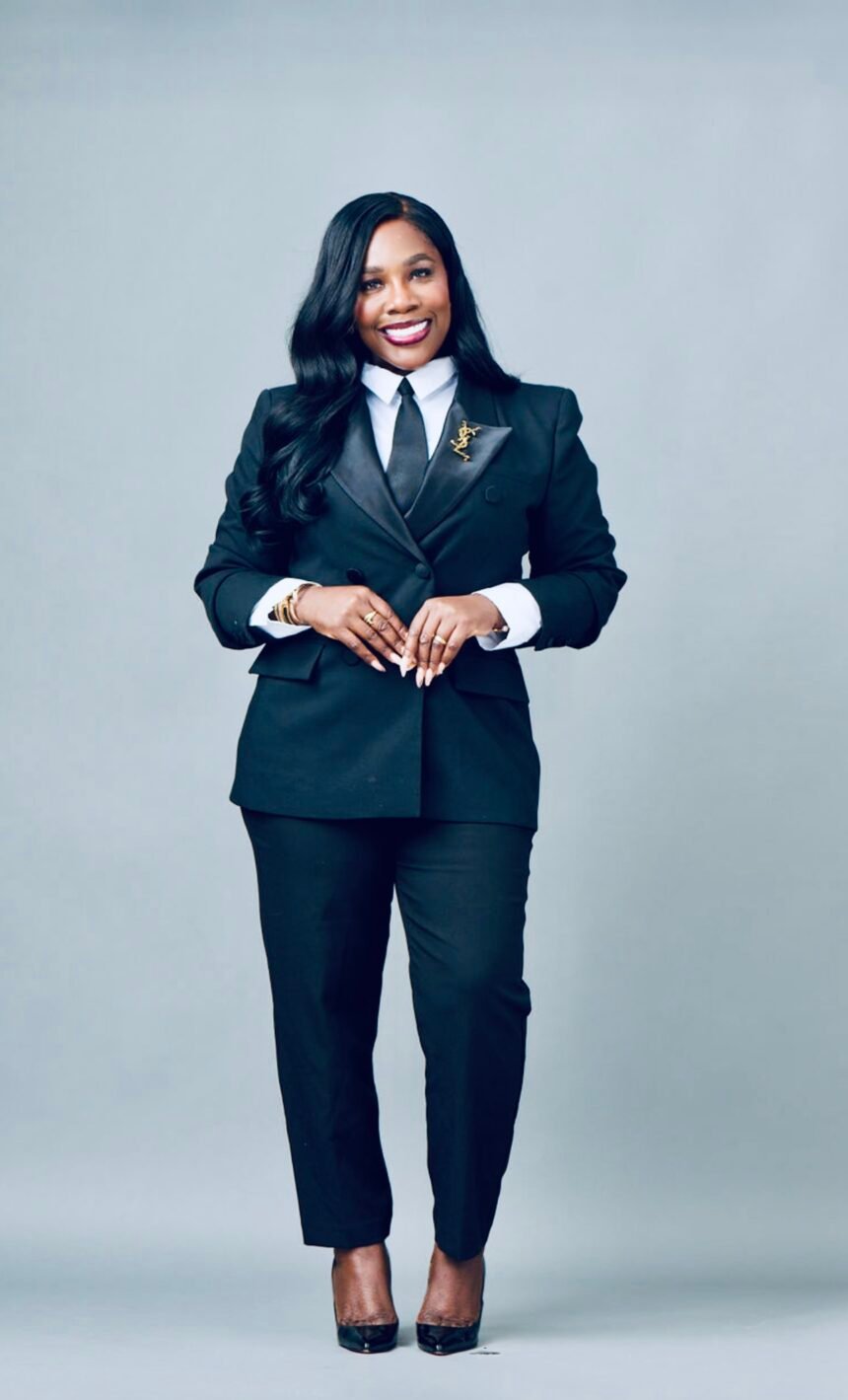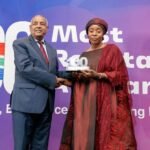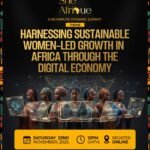Dr. Adeshola Cole is an award-winning tech leader and founder of Tritek Academy, dedicated to expanding access to tech careers for women and underrepresented communities through practical training, mentorship, and empowerment. Her personal journey from facing exclusion as a child to becoming a global advocate for tech equity has fueled her mission to transform lives through education and opportunity. With over 5,000 professionals trained globally and a growing international presence, Dr. Cole continues to shape a more inclusive and future-ready tech industry
1. As a leading woman in your field, how has your journey shaped your vision for empowering the next generation of African women leaders?
My journey has been one of faith, resilience, and purpose. Breaking into tech and leading in this space as an African woman came with obstacles. Limited access, doubt from others, and cultural bias were common. But it gave me a deep sense of responsibility. I created Tritek Academy because I saw the gap. Capable women were being overlooked or left behind. Empowering the next generation means giving them more than training. It means confidence, mentorship, and a community that reminds them they are more than enough. I want African women to know they do not need permission to lead. They already have what it takes.
2. What personal values or faith principles have guided your professional journey, especially in overcoming challenges in traditionally male-dominated spaces?
Growing up as the only Black child in my primary school shaped me early. I learned how it feels to be different and how to stand tall in spaces where I was not expected to belong. That experience gave me courage and clarity. It taught me not to shrink, not to conform, but to own my identity with pride.
My Christian faith has been the anchor of my life and career. It keeps me steady and focused. I believe in purpose, in service, and in doing things with excellence. I do not chase titles. I focus on the value I bring and the change I can make. When I step into male-dominated rooms, I bring my voice, my vision, and the confidence that I have earned my place. My faith reminds me that every opportunity I step into is bigger than me. It is for every woman who needs to see what is possible.
3. In your opinion, what is the most pressing issue affecting African women today, and how do you believe leaders like yourself can contribute to lasting change?
Access. Not just to jobs or education, but to networks, mentors, capital, and spaces where decisions are made. Many African women are capable, but doors aren’t always open. Leaders like me must not just hold the door open, we need to go back and walk others through. That’s why I focus on training, mentorship, and building bridges into the workplace. Change won’t come from speaking on panels alone. It comes from creating systems that outlive us.
4. How do you balance the demands of leadership, personal growth, and giving back to your community, and what advice would you give to young women aspiring to walk a similar path?
I have learned that balance is not about doing everything at once. It is about knowing what matters most in each season. Some seasons call for pushing hard. Others require rest, reflection, and realignment.
I prioritise growth because I cannot lead well if I am running on empty. I give back because I have never forgotten where I started. The success I enjoy today is built on the kindness, prayers, and sacrifices of others who believed in me.
To young women: start where you are. Use what you have. Stay rooted in your values. Surround yourself with people who challenge and uplift you. And never wait for perfect conditions. Growth comes when you move, even if you are afraid.










